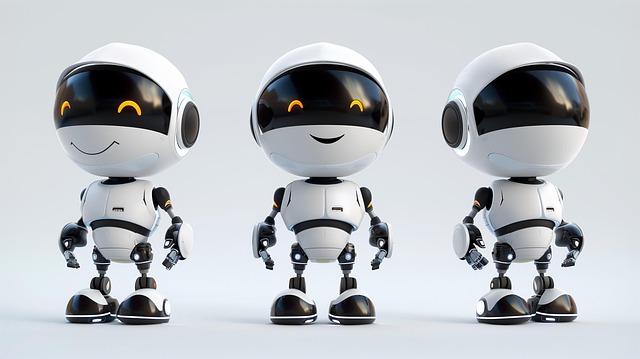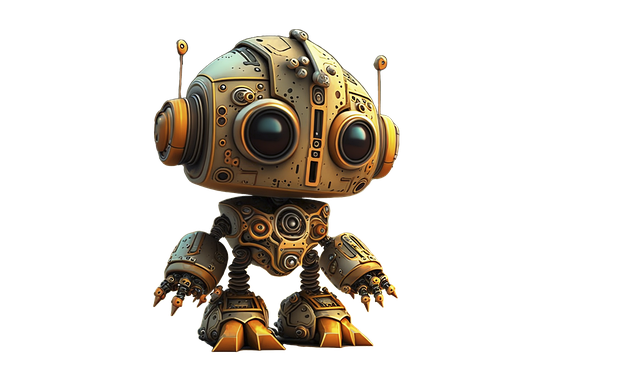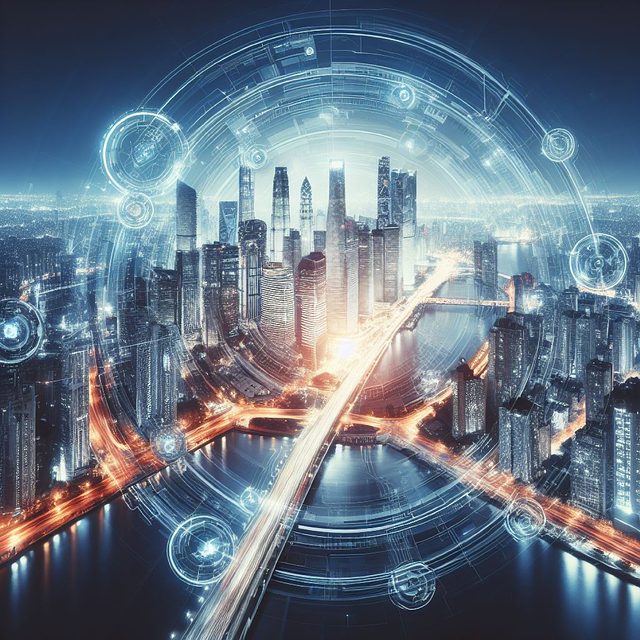Chatbots powered by AI have become omnipresent in digital interactions, leveraging advanced NLP to mimic human conversations across diverse industries. Trained on vast datasets, these chatbots offer support, recommendations, and casual chats while continuously learning from each interaction. Generative AI, a recent surge, has transformed human-technology interaction, generating human-like text based on user prompts. Chatbot AI promises enhanced user experiences with intuitive digital assistants that understand and produce contextually relevant responses. Across sectors like customer service, healthcare, education, marketing, sales, and content curation, chatbot AI revolutionizes interactions, offering 24/7 availability, instant responses, and data-driven personalization. As these technologies evolve, careful navigation is needed to address privacy concerns, mitigate biases, and establish ethical guidelines for responsible development and integration.
“Explore the transformative power of chatbot AI and generative AI, revolutionizing human-machine interactions. This article delves into the fundamentals of chatbot technology, highlighting its evolution and impact on various sectors. We examine how generative AI is pushing boundaries in conversation and content creation. Additionally, discover practical applications and benefits that make chatbot AI an indispensable tool. Finally, we navigate the challenges and potential future prospects, offering insights into this exciting technological landscape.”
- Understanding Chatbot AI: A Basic Overview
- The Rise of Generative AI: Transforming Conversations
- Applications and Benefits: Where Chatbot AI Shines
- Challenges and Future Prospects: Navigating the Evolution
Understanding Chatbot AI: A Basic Overview

Chatbots powered by AI have become an increasingly prevalent part of our digital interactions, offering a wide range of applications and services. At its core, chatbot AI involves advanced natural language processing (NLP) techniques that enable machines to comprehend and generate human-like text. These chatbots are designed to mimic conversations with real people, making them versatile tools for various industries. They can provide customer support, offer product recommendations, answer queries, and even engage in casual chats, all while learning and adapting from each interaction.
The technology behind chatbot AI involves training models on vast datasets to recognize patterns and context in human language. Over time, these models improve, becoming more accurate and sophisticated. Whether it’s a virtual assistant on your smartphone or an online customer service representative, chatbot AI is transforming the way we access information and services, making our lives easier and more efficient.
The Rise of Generative AI: Transforming Conversations

The recent surge in Generative AI has marked a significant shift in how we interact with technology, particularly through chatbot AI. This innovative technology is revolutionizing conversations by generating human-like text based on input prompts. From creative writing to customer service, Generative AI is transforming various sectors. Chatbot ai is now capable of producing diverse content, from poems and stories to informative articles, offering endless possibilities for users.
As these technologies continue to evolve, they promise to enhance user experiences, making interactions with digital assistants more engaging and intuitive. With its ability to understand and generate contextually relevant responses, Generative AI ensures that conversations with chatbots feel more natural and human-centric. This development opens up exciting avenues for personalized communication, content creation, and problem-solving in the digital age.
Applications and Benefits: Where Chatbot AI Shines

Chatbot AI has a wide range of applications and benefits that truly shine in today’s digital landscape. From customer service to healthcare, education, and beyond, chatbot AI is revolutionizing how we interact with technology. These intelligent assistants can handle a multitude of tasks, from providing instant responses to complex queries to managing schedules and appointments, all while learning and adapting based on user interactions.
One of the most significant advantages of chatbot AI is their 24/7 availability and responsiveness. They can instantly provide information, support, or assistance whenever needed, enhancing user experiences significantly. Moreover, chatbots can process vast amounts of data quickly, enabling them to offer personalized recommendations and insights, which is particularly valuable in marketing, sales, and content curation. This level of customization not only improves engagement but also fosters stronger connections between users and brands.
Challenges and Future Prospects: Navigating the Evolution

The evolution of AI chatbots and generative AI presents both exciting opportunities and significant challenges. As these technologies continue to advance, integrating them into various sectors offers immense potential for streamlining tasks, enhancing customer experiences, and driving innovation. Chatbot AI can automate customer service interactions, provide personalized recommendations, and improve accessibility through natural language processing. Generative AI, with its capacity to create text, images, and other content, opens doors to creative applications in art, marketing, and even scientific research.
However, navigating this evolution requires careful consideration. Challenges include ensuring data privacy and security, addressing biases inherent in training data, and developing robust mechanisms for ethical decision-making. As AI chatbots and generative AI become more sophisticated, it’s crucial to establish guidelines and regulations that promote responsible use while leveraging their full potential. The future prospects of chatbot AI lie in its ability to learn, adapt, and evolve alongside human needs, ultimately fostering a symbiotic relationship between technology and society.
Chatbots powered by AI have already begun to revolutionize communication, offering unprecedented efficiency and personalization across various sectors. As generative AI continues to evolve, these virtual assistants are poised to become even more sophisticated, enhancing user experiences and transforming the way we interact with technology. While challenges remain, the future of chatbot AI looks promising, presenting exciting opportunities for innovation and growth.
